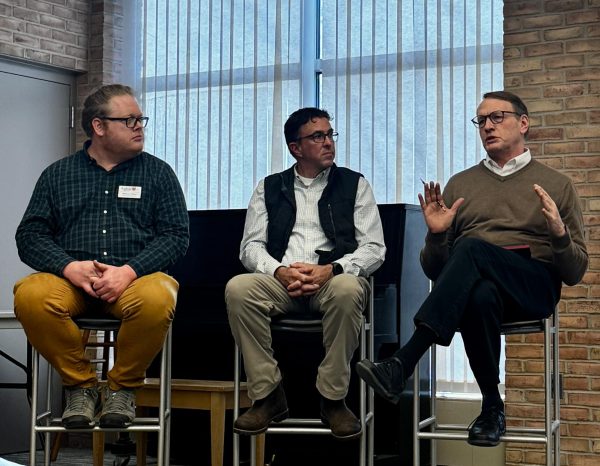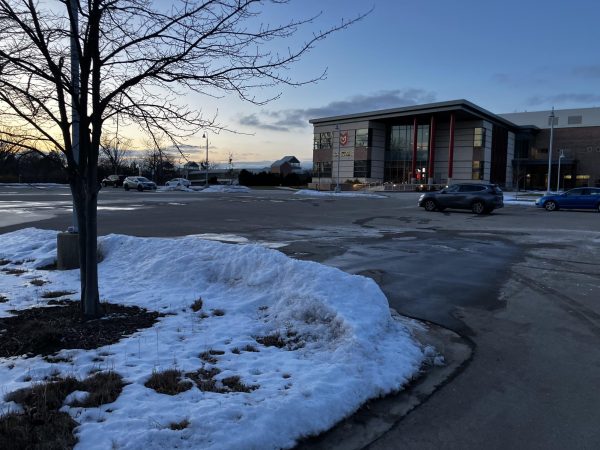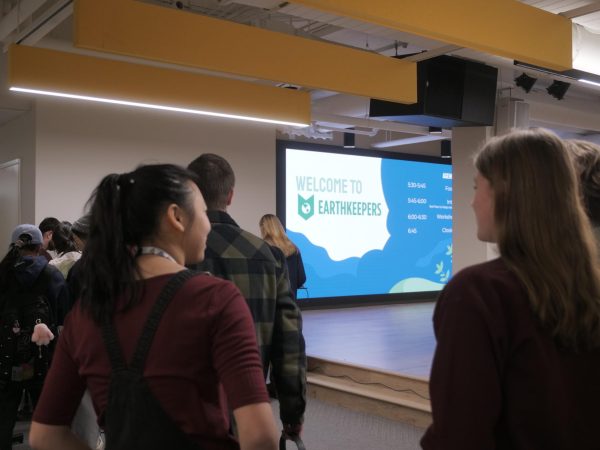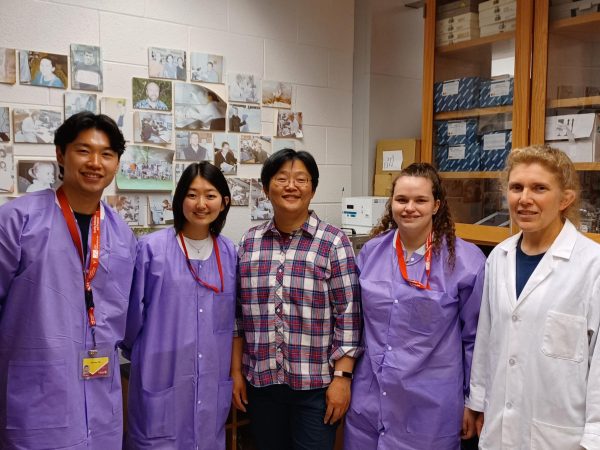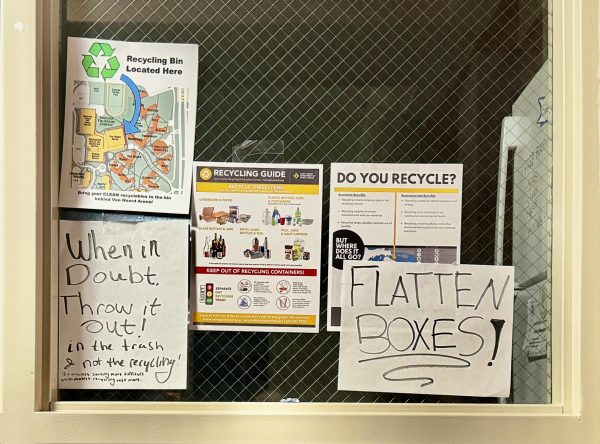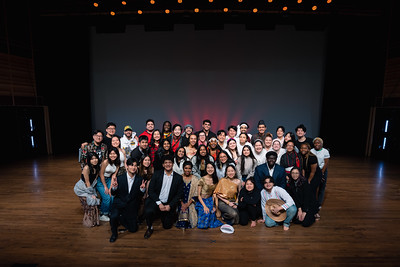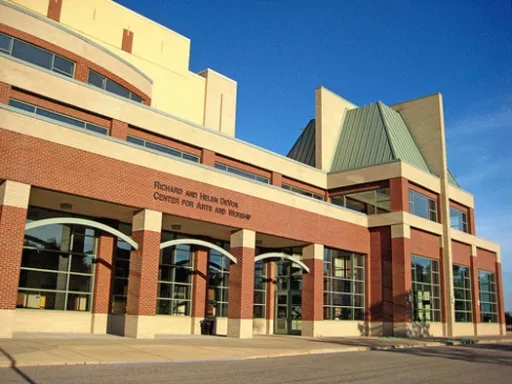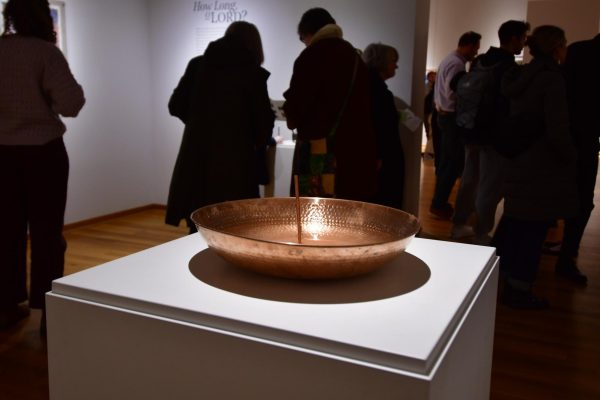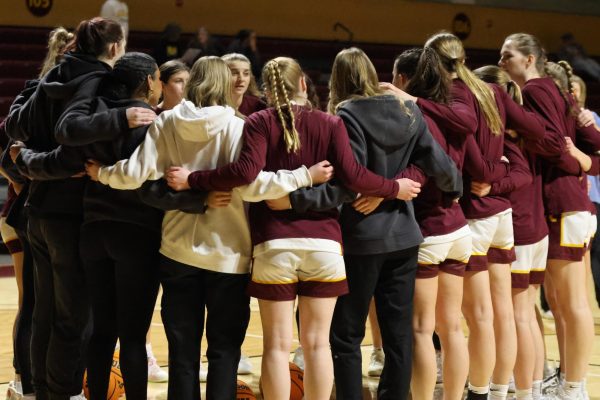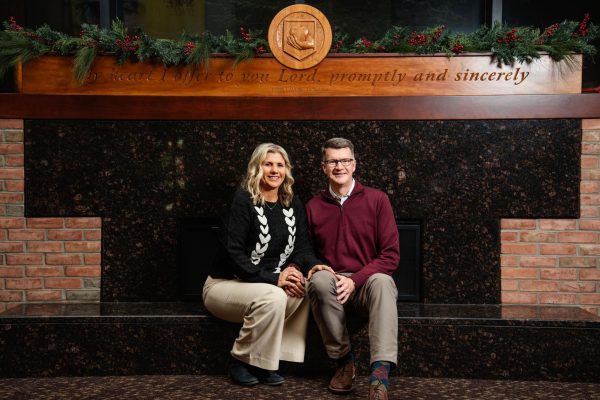Biochemistry prof’s cell research earns $350,000 grant
Biochemistry professor Laura Westrate received a grant for over $350,000 in January from the National Science Foundation for her work researching cell structures.
“It’s exciting to be able to do impactful research at Calvin,” Westrate said. She initially came to Calvin because of the opportunity to work alongside undergraduates; the NSF grant provides her the opportunity to do just that.
Westrate’s lab studies the process through which individual compartments within cells work together to produce proteins that the cell is then able to pack and ship out into other parts of the body.
“When you look at pictures of organelles in your textbook it looks like they have simple structures,” Westrate said. “When you look at real organelles in live cells, they are very complicated structures and very dynamic, because they are constantly changing structure and moving through the cell, based on cellular cues.”
In reality, organelle structures are complex and largely unknown. Westrate’s lab specifically examines how organelle structures affect organelle function.
In particular, Westrate’s lab examines the structure and function of the endoplasmic reticulum, or ER. The ER is the largest organelle in a cell and is responsible for processing proteins. By determining the structure of the ER, Westrate hopes also to clarify how the ER contributes to protein synthesis.
Westrate’s lab currently works with the lab of Dr. Elena Koslover at the University of California, San Diego. Westrate’s team grows and takes microscope images of their research cells, and then sends them to the lab in California, which uses mathematical modeling to determine the structure of the organelles. The two labs then combine their analysis to quantitatively determine the structure of the ER.
The NSF grant is split between the two labs, with Westrate’s lab receiving $351,093 over four years. It will allow Westrate to hire students for full-time work during the summer and part-time work during the school year. In addition, it provides funding for travel and reagents.
“Biochemical reagents are really expensive, especially when dealing with cell culture,” Westrate said. “I can now do a lot of experiments we weren’t able to do before. Hopefully we will be able to meet the group in California with the travel grant, too.”
Katherine Koning, a junior biochemistry major who has worked in Westrate’s lab for two years, is excited for the opportunities the grant provides. Because the grant funds student salaries, it will allow for students to be paid year-round, as well as provide funding for the technical aspects of the experiments.
“Working with Professor Westrate has been a really amazing experience, both for me as a person and as a scientist,” Koning said. “This grant allows our lab to keep doing great research.”



